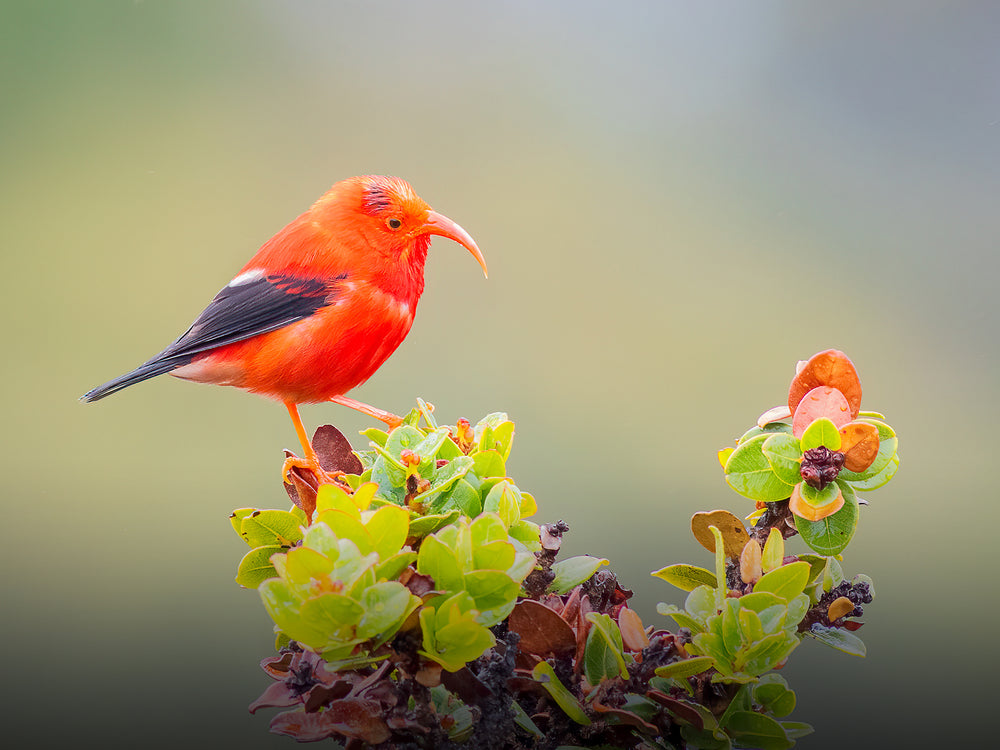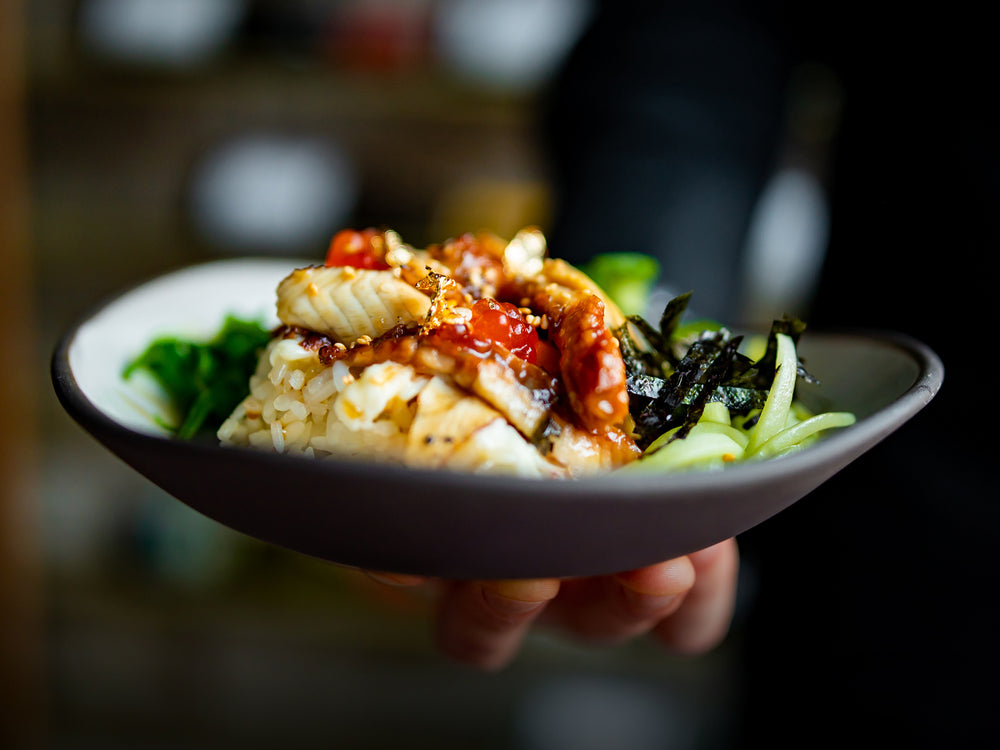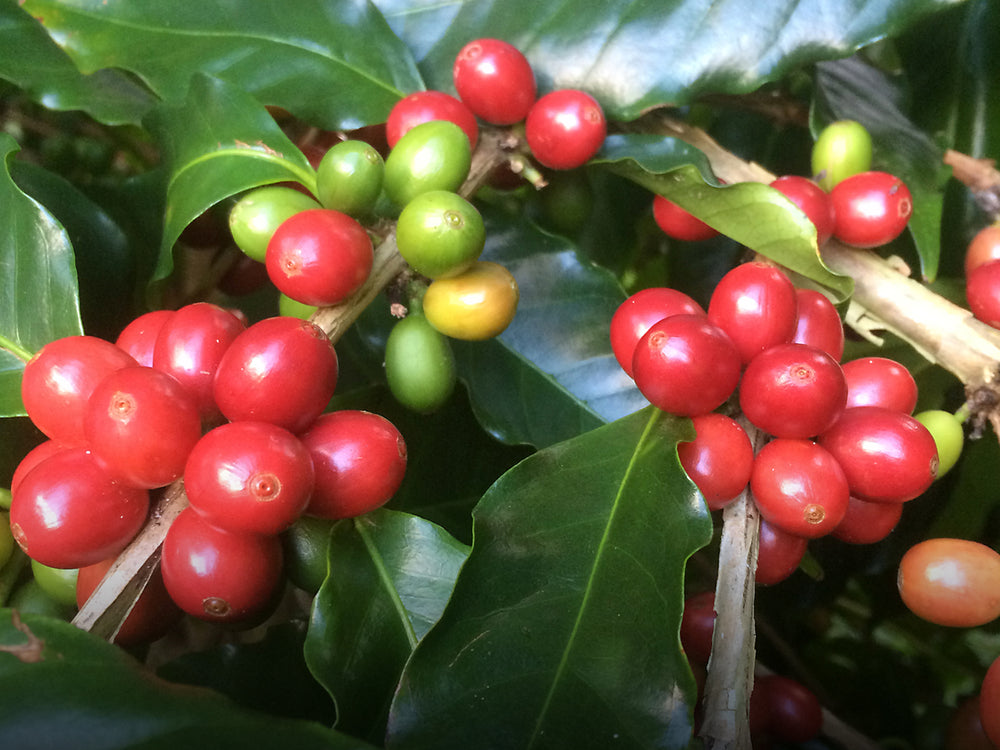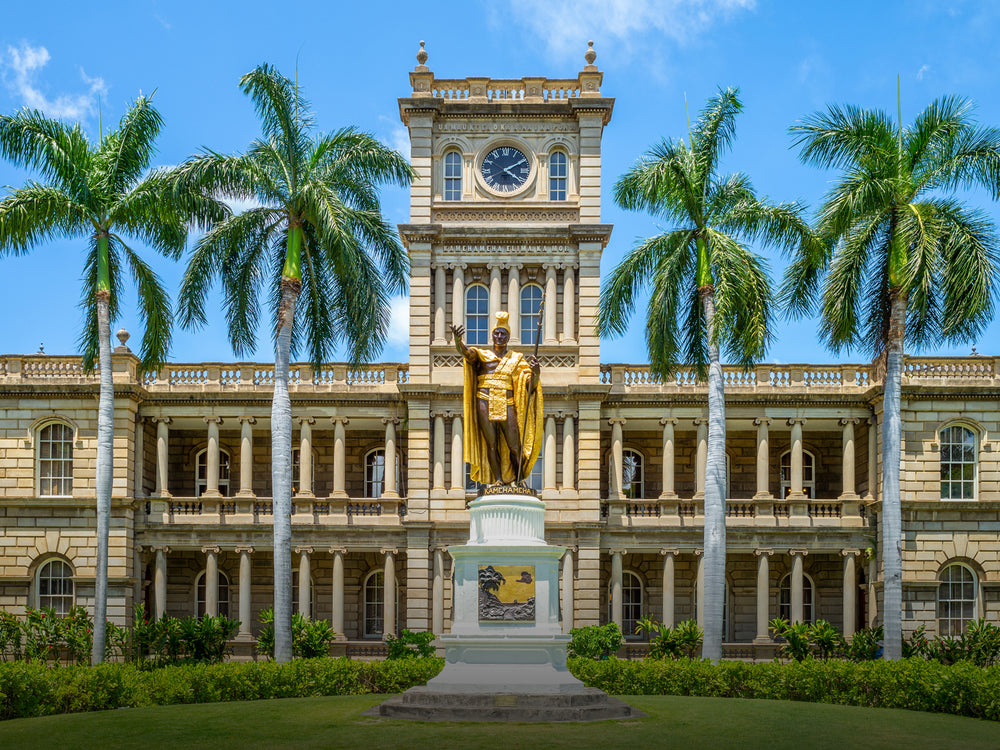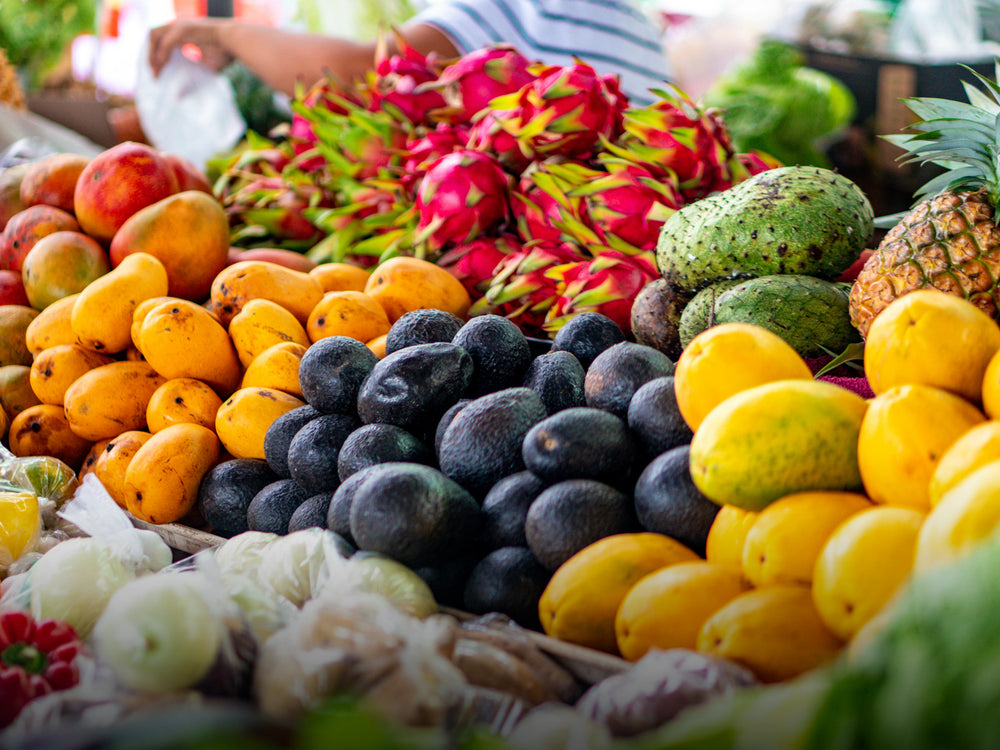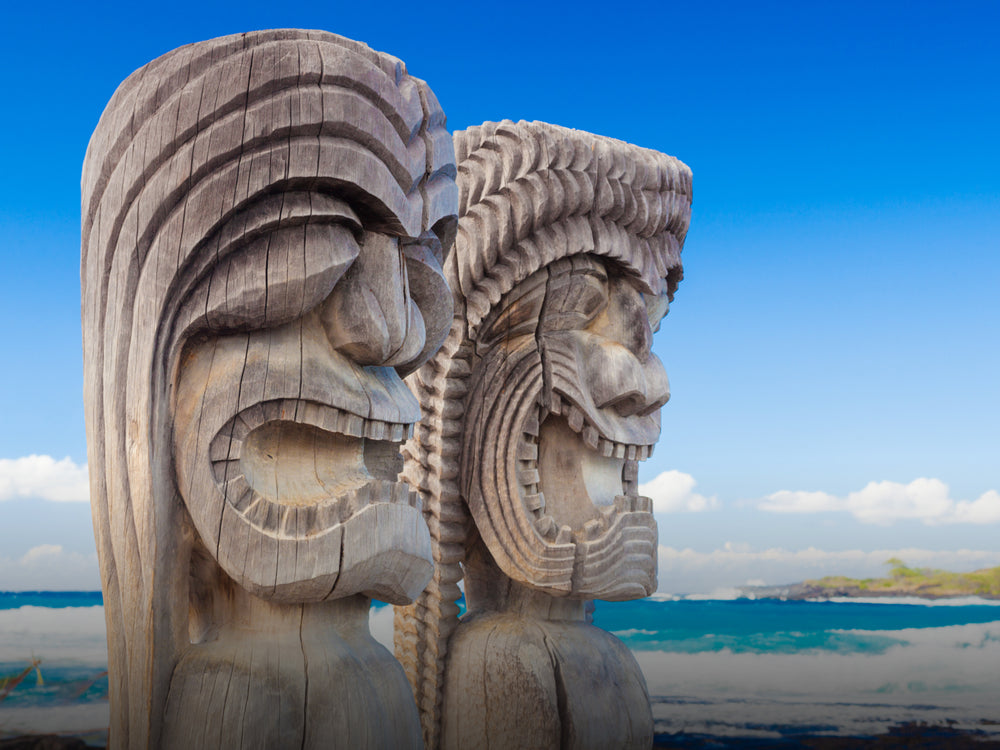Henry Opukaha'ia - The Youth Who Changed Hawai'i
by Betty Fullard-Leo
Henry Opukaha'ia was only 26 years old in 1818 when he died of typhoid fever in Cornwell, Connecticut, but because of a slim volume he wrote about his life, his feelings, and his philosophies that was published after his death, the destiny of Hawai'i was forever changed.
Few details are known about Opukaha'ia's early life, though most historians believe he was born about 1792 in Ka'u at Ninole near Punalu'u on the Big Island. From Opukaha'ia's own account, written much later, both of his parents were killed during a war made after the old king died, to see who should be the greatest among them. Opukaha'ia, who is thought to have been ten or 12 at the time, fled from the rampaging warriors carrying his infant brother on his back. A spear thrown by one of the soldiers found its mark, and the baby brother was killed. Opukaha'ia survived, but the same soldier who had killed his parents became his guardian for the next year and a half.
During this time, Opukaha'ia discovered that a kahuna at a nearby temple was his uncle, so he was allowed to go to live with his grandmother and this uncle. While he was visiting an aunt in a nearby village, soldiers came to take her prisoner for some infraction of the kapu system, but Opukaha'ia once again survived by escaping through a hole in the grass hale (house). While he watched, a soldier threw this aunt over a pali (cliff) to her death. Opukaha'ia returned to the home of his uncle at Napo'opo'o where he was schooled in the rituals of the priesthood, so eventually he could take his uncle's place as a kahuna at Hiki'au Heiau, the same heiau where Captain James Cook had met his demise two decades earlier in 1779.
In his memoir Opukaha'ia wrote, ...I began to think about leaving that country to go to some other part of the world... probably I may find some comfort, more than to live there without father or mother.
As soon as the sailing ship Triumph anchored in Kealakekua Bay, he went on board. Captain Brintnall invited another young Hawaiian boy named Hopo'o, along with Opukaha'ia, who spoke no English, to stay for dinner and to spend the night on board ship. The next day, it was arranged that the two boys would sail with the ship. Opukaha'ia was 16 years old.
The sailors called Opukaha'ia Henry, and spelled his last name the way they pronounced it, Obookiah. During the next two years, Opukaha'ia sailed on the Triumph to the Seal Islands (situated between Alaska and Japan), back to Hawai'i, to Macao, and around the Cape of Good Hope, landing in New York in 1809. On board he developed a friendship with a Christian sailor named Russell Hubbard, who began teaching Opukaha'ia how to read and write, often using the bible as a primer.
When the ship was sold in New York, a merchant invited Opukaha'ia and Hopo'o home for dinner. The boys were astounded at the number of rooms in the house and by the fact that cooking was done indoors, but they found it even harder to believe that women sat at the same table and ate with men, and the gods did not harm them. In Hawai'i, the old kapu (taboos) were still observed; women could not eat with men.
Opukaha'ia continued his studies while he lived with Captain Brintnall and his family in New Haven, Connecticut, but it wasn't until he met a man named Edwin Dwight, a student at Yale College who became his teacher, that he made real progress. Certain English sounds proved especially difficult-r was often used in place of l for example. Years later, in the writings of early missionaries, words such as Honolulu and Kilauea were written Honoruru and Kirauea.
With his new reading skills, came a new view of religion. As Opukaha'ia began to believe in a Christian God, he compared Hawaiians' worship of gods represented by wooden idols. He said, Hawai'i gods. They wood-burn. Me go home, put 'em in fire, burn 'em up. They no see, no hear, no anything. On a more profound note he added, We make them (idols). Our God-he make us. His new faith was further ingrained when he lived for a time with the family of the president of Yale College, who, as he put it, was a praying family morning and evening.
During the spring, summer and early fall, Opukaha'ia moved from farm to farm around Torringford and Litchfield, Connecticut and Hollis, New Hampshire, planting, harvesting and always studying. The church communities of Litchfield encouraged him, and by 1814, in addition to speaking publicly, he began to translate the bible into Hawaiian and to start compiling a dictionary/grammar book in the Hawaiian language. People in Connecticut had begun to talk of sending missionaries to foreign countries-Hawai'i, in particular, as several young native Christians (like Opukaha'ia) would be able to pave the way. Opukaha'ia continued to fill his inquisitive mind with knowledge at Yale College. Not only did he undertake Latin, Hebrew, geometry and geography, he improved his English by writing the story of his life in a book called Memoirs of Henry Obookiah. By 1815, he had finished writing his personal history and had begun to keep a diary that detailed his feelings about his faith.
By 1817, a dozen students, six of them Hawaiians, were training at the Foreign Mission School to become missionaries to teach the Christian faith to people around the world.
But the following year, Opukaha'ia fell sick. A physician, Doctor Calhoun, quickly diagnosed his illness as typhus fever. Though treatment seemed at first to help, Opukaha'ia continued to get weaker and weaker, and he died on February 17, 1818. Attendants noted a heavenly smile on his face. He was 26 years old. Among his last words were Alloah o e-translated in his memoirs as My love be with you.
The little book about his life was printed and circulated after his death. It inspired 14 missionaries to volunteer to carry his message to the Sandwich Islands. Of those who sailed on the Thaddeus on October 23, 1819, only Samuel Ruggles had met Opukaha'ia face-to-face. The work Opukaha'ia did on translating the bible and recording the Hawaiian language in a grammar/dictionary/spelling book, paved the way for the missionaries to print the first Hawaiian primer and bible stories in the Hawaiian language.
Opukaha'ia's body was buried in a hillside cemetery in Cornwall, Connecticut, where it remained for 185 years. In 1993, a group of his descendants, spearheaded by Deborah Lee, brought the body home to the Big Island. The remains were reinterred at Kahikolu Cemetery in Napo'opo'o, near Kealakekua Bay in South Kona. A plaque marks the spot, cared for by Ka 'Ohe Ola Hou, a group formed to perpetuate the achievements of the devout young man who is believed to be the first Hawaiian convert to Christianity-a young man whose zeal was the reason the first missionaries came to Hawai'i in 1820.
Readers may submit editorial comments to any of our stories by sending an email to les@lbdcoffee.com. We would be happy to attach your comments and feedback to anything we publish online. Thank you for your interest.
Story appeared originally in Coffee Times print magazine and appears online for archival purposes only. Any use or reprinting of these stories without the expressed written consent of the author is prohibited.


